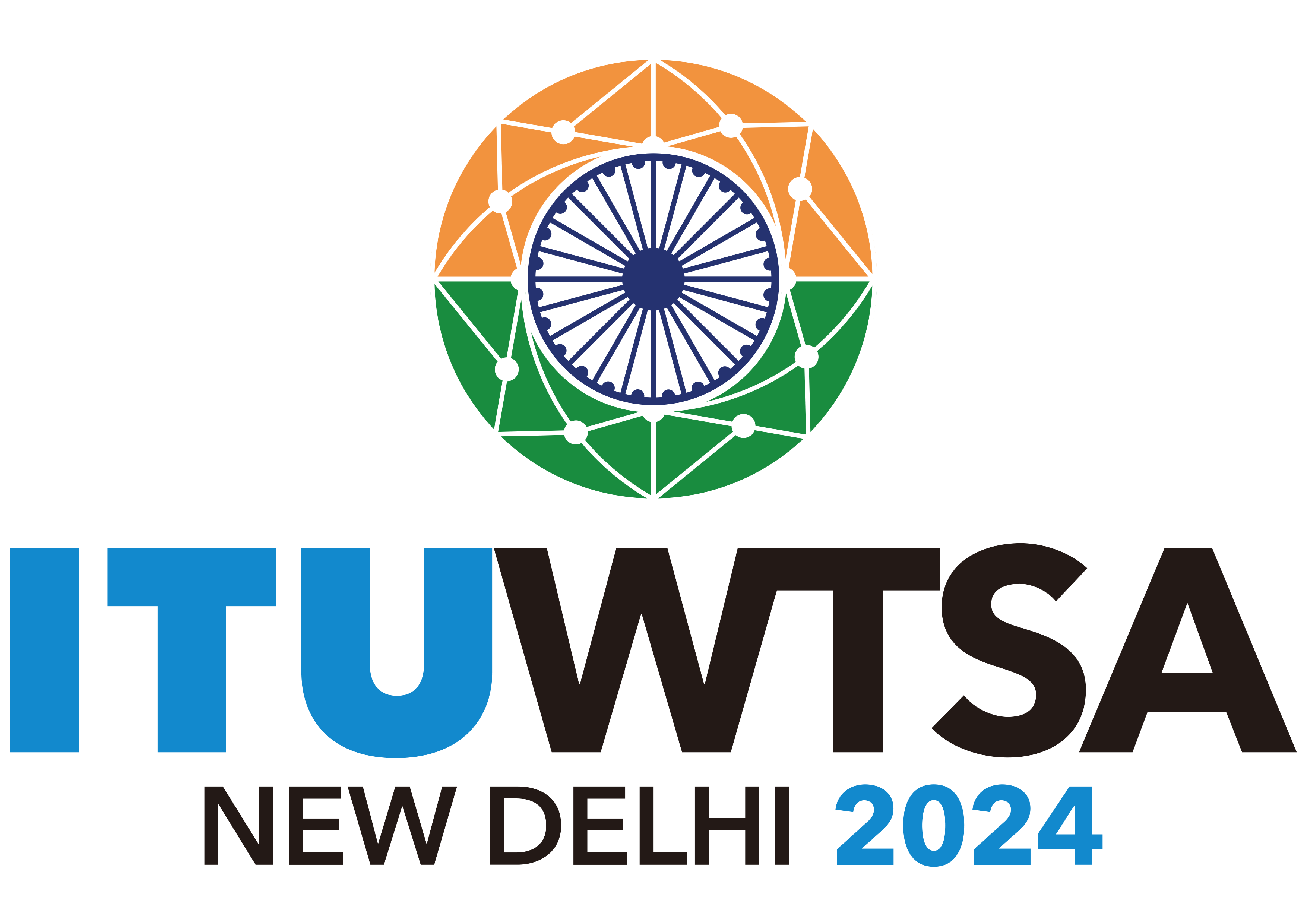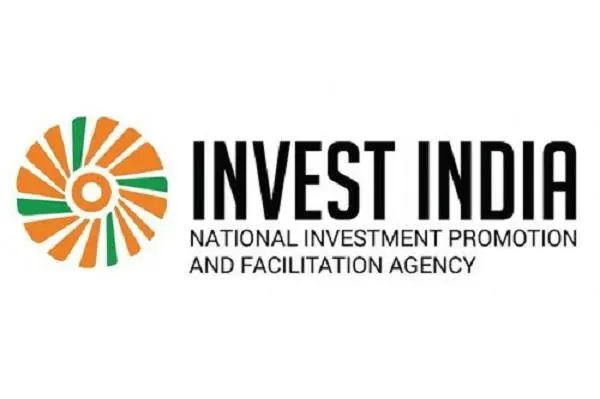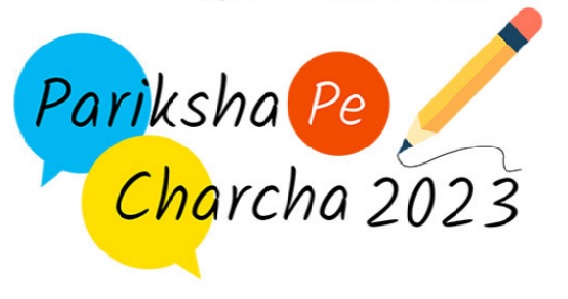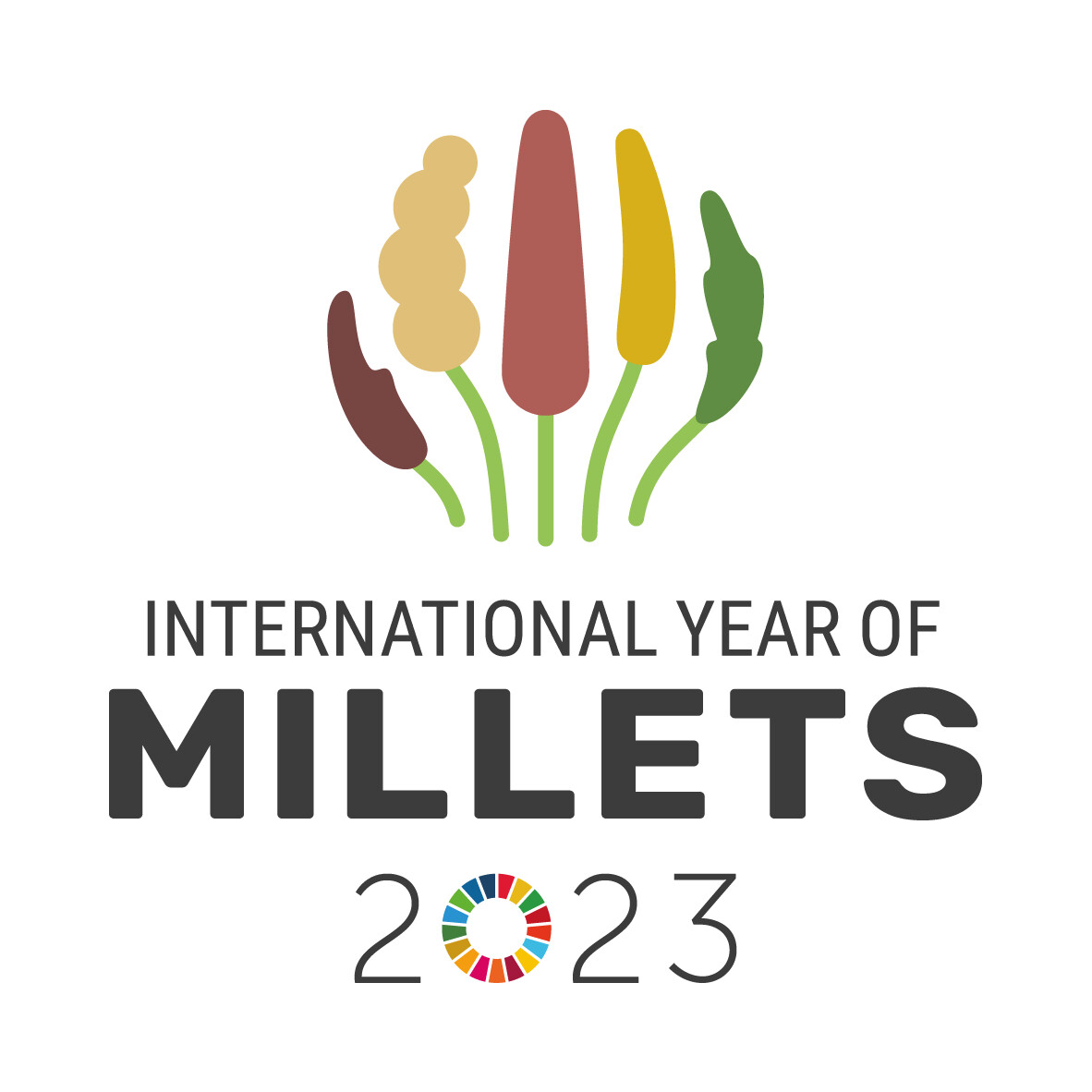INDIA-ROK DEFENCE RELATIONS
General
-
India and ROK share the same Independence Day of 15th Aug and gained independence within two years of each other (i.e. 1947 and 1945 respectively). In 1948, first ever general elections were held in Korea under the auspices of the UN. The UN appointed India as the Chairman of the nine-member United Nations Temporary Commission on Korea (UNTCOK) to organize and oversee the elections. Mr KPS Menon was the Chairman of this Commission and played an important role in the conduct of peaceful and highly representative elections in May 1948 which led to the formation of the first democratically elected Government of independent ROK.
India’s Contribution during the Korean War and in the Armistice
-
India made significant contribution during the Korean War (1950-53) and period (1953-54) following the Armistice (1953) in the Korean peninsula. It deployed an Army Medical Unit; the 60th Parachute Field Ambulance commanded by Lieutenant Colonel AG Rangaraj, Mahavir Chakra. The unit disembarked at Busan on 20 Nov 1950 and was initially deployed at Pyongyang on 29 Nov 1950. It was then divided into two sub-units, the ‘Forward Elements’ grouped with 27 British Brigade and the “Administrative Elements” relocated at Daegu to assist the Korean Army Hospital and also treating civilians. The unit was placed under command 28 British Brigade on 01 Jul 1951, as part of Commonwealth Division. It participated in a series of operations including “OP TOMAHAWK” with the 8th US Army from 23 to 31 Mar 1953 in the area of Munsan and “OP COMMANDO” until 23 Aug 1953. The unit contributed a total of 627 ranks and treated over 222,324 patients including civilians during the course of its deployment and earned numerous awards and appreciation. During the entire course of its tenure, the 60 Parachute Field Ambulance lost three soldiers and 23 other were injured while supporting combat operations.
-
The Korean War (1950-53) ended with an armistice agreement in Jul 1953. It was the Indian proposal at UNGA for termination of Korean War that was finally adopted, and resulted in formulation of the “Armistice Agreement”. Five nations were invited to form the Neutral Nations Repatriation Commission (NNRC) namely Czechoslovakia, Poland, Sweden, Switzerland and India, and collectively nominated India to lead the NNRC. Lieutenant General K.S. Thimmaya was appointed as the Chairman of NNRC and its role was to supervise exchange of Prisoners of War. India dispatched one Brigade Group, designated as Custodian Forces-India (CFI) comprising 5500 all Ranks to Korea, under Major General SSP Thorat. The CFI took charge of over 25,000 Prisoners of War and assisted in repatriation to their countries. President Syngman Rhee of ROK alleged Indian leadership supporting communist forces and presented all possible impediments in implementation of assigned task. Reluctant support was finally provided under immense pressure from the US and other Commonwealth nations. The discipline, neutrality, fair play and firmness displayed by the Indian troops were highly admired even by their detractors.
Recent Years
-
India and ROK defence relations have expanded in recent years, spurred by convergence of strategic interests, shared mutual goodwill and several high-level exchanges. Bilateral ties between the two countries were raised to 'Strategic Partnership' during the visit of President of ROK Mr Lee Myung-bak in January 2010 and further elevated to “Special Strategic Partnership” during the reciprocal visit of PM Narendra Modi to ROK in 2015. The natural alignment of India’s ‘Act East Policy’ & ROK’s ‘New Southern Policy’, and now shared values in Indo-Pacific region has opened a new chapter in the bilateral relations between the two countries.
-
Several important agreements were signed during the visit to ROK of then Defence Minister A.K. Antony in Sept 2010 including MoUs on Defence Cooperation, and Defence Research and Development. This was followed by several high-level engagements including, visit of Minister of National Defence of ROK Mr. Kim, Kwan-jin to India in December 2012, visit of former Defence Minister of India, Mr. Manohar Parrikar to ROK in April 2015, and visit of Mr. Arun Jaitley, Hon’ble Finance Minister & former Raksha Mantri to ROK in June 2017. Hon’ble Defence Minister Shri Rajnath Singh visited ROK in Sep 2019 and Mr. Raj Kumar, Secretary (Defence Production) visited ROK in Oct 2021. Defence Minister of ROK, Mr. Jeong Kyeongdoo visited India from in Feb 2020. Mr. Suh Wook, Minister of National Defence visited India in Mar 2021 and inaugurated Korea-India Friendship Park at New Delhi. ROK President Moon Jae-in visited India in July 2018 and held meeting with PM Narendra Modi. In a joint statement the two leaders agreed to explore further possibilities to coordinate efforts in the defence and strategic spheres in order to benefit from each other’s unique capabilities and experience and in this context agreed to enhance military exchange, training and experience sharing, Research & Development and to enhance defence industry cooperation. Hon’ble Prime Minister Shri Narendra Modi visited ROK on a state visit in Feb 2019. The Hon’ble Prime Minister was conferred with the ‘Seoul Peace Prize’ in recognition of his dedication to improve international cooperation, economic growth and accelerating human development. During the bilateral meeting, both the leaders announced the roadmap for future cooperation in defence co-production and defence technology. ROK President Mr Yoon Suk Yeol visited India in Sep 2023 as part of G20 Summit and held bilateral meeting with PM Narendra Modi.
-
The two countries have instituted several forums for regular interaction between the two Ministries of Defence. The Defence Policy Dialogue (DPD) instituted at the level of Deputy Minister in 2013, has since been upgraded to the level of Defence Secretary and will now be a part of '2+2 Dialogue', between the two sides. Joint Committee Meeting (JCM), a bilateral dialogue for cooperation in defence industries & logistics, between Minister DAPA and Secretary (DP) is held every year, and nine such discussions have been conducted so far. Steering Committee Meeting (SCM) is a bilateral dialogue for joint defence R&D between DRDO & DAPA / ADD (ROK), four such meetings have been conducted so far.
-
Service to service cooperation has been one of the vibrant aspects of our defence & security relations. Besides reciprocal visits by military leadership, service level staff talks are being conducted since 2018. Recently both the Armies have agreed to participate in military exercises and also for reciprocal exchanges of Subject Matter Expert. The Air Forces are deliberating on participation in military exercises and Subject Matter Expert Exchange visits on reciprocal basis. Navy and Coast Guard ships have been visiting each other’s ports on a regular basis and have also been holding joint exercises.
-
There have been regular and active exchanges of bilateral visits by delegations from various military training establishments from both the countries. Officers from the Armed Forces of both the countries are attending courses under the Military Education Exchanges between both the countries.
Defence Industry Cooperation
-
Defence Industries Cooperation is the mainstay of Strategic Cooperation between the two countries. This vital aspect is critical to military requirements, where ROK retains not only the requisite technology, distinct cost advantage, capacity to absorb capital investment, but also the political will to share threshold technology with India under the ambit of 'Make in India' initiative. Complementing the same, India has appetite for capacity building, vast market, capital, resources and most of all the intent to grow as manufacturing hub. A Roadmap for Defence Industries Cooperation was signed between the two countries in 2019.
Conclusion
-
India and Korea are expanding their cooperation in the defence and security sectors. On comprehensive review of the defence relations, both countries signed multiple agreements extending from logistic support to information exchanges pertaining to operational matters. It is a clear manifestation of deepening strategic partnership between India and ROK.
14 February 2024
***













